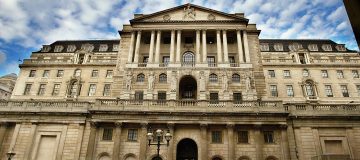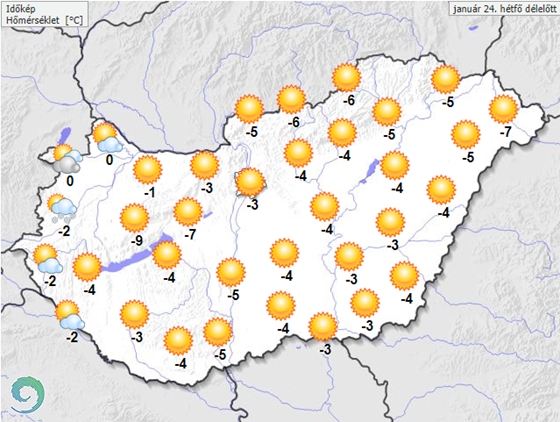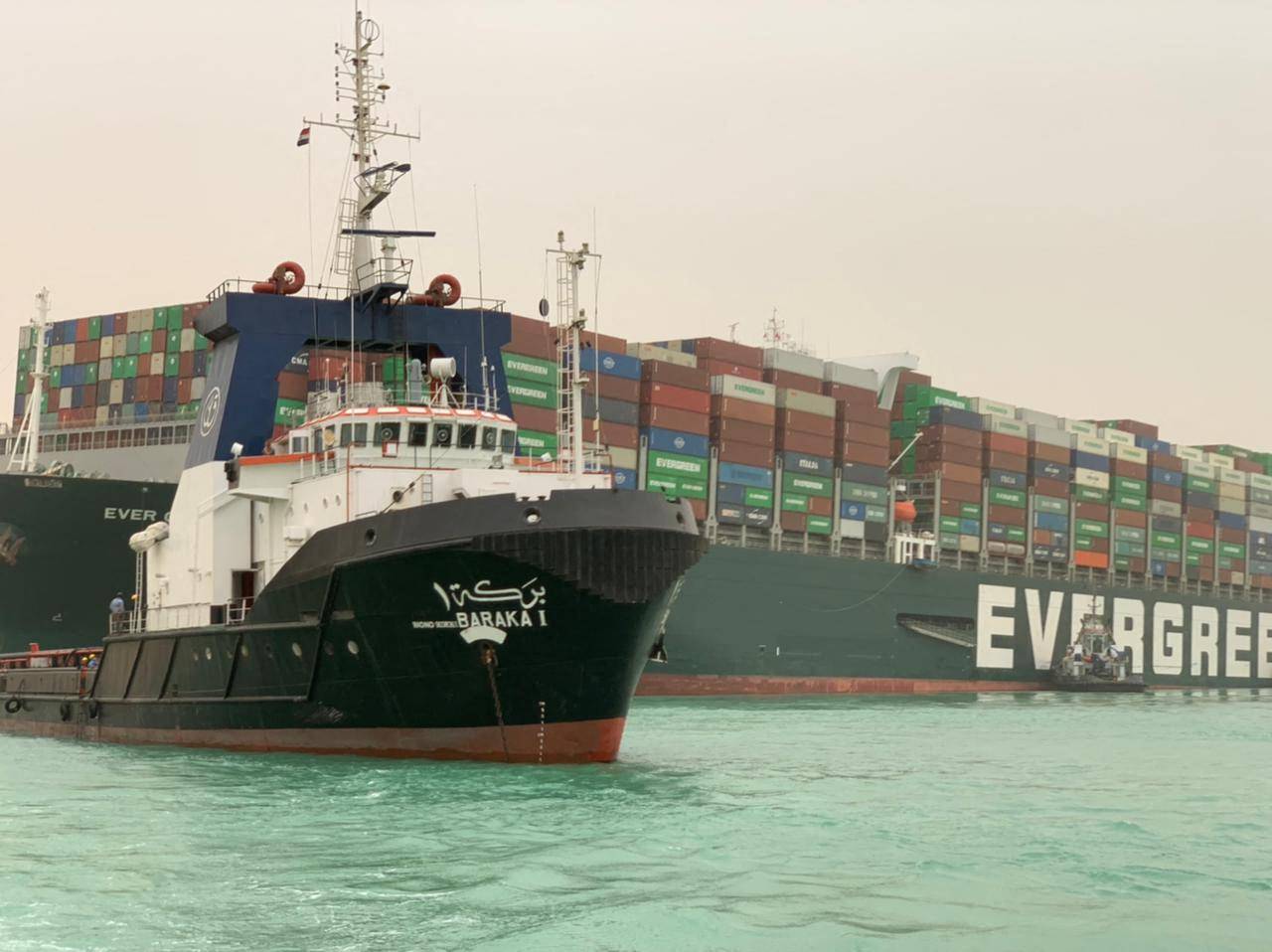Inflation in the Eurozone soared to a 13-year high last month, posing more headaches for the European Central Bank.
Prices in the 19 countries sharing the euro rose to 3.4 per cent annually in September from 3 per cent a month earlier, the highest reading since September 2008.
The inflation clip came in ahead of analyst expectations of 3.3 per cent.
Surging energy costs were to blame for the red-hot inflation figure. Supply bottlenecks putting upward pressure on shipping costs for businesses caused producer price inflation to rise to 2.3 per cent.
Rich countries’ economies are suffering from a severe bout of inflation due to supply chains breaking down under the weight of soaring demand as economies emerge from Covid-19 restrictions.
Disruptions seem to be getting worse, raising the prospect that the inflation hump invades underlying prices and becomes stickier than first thought.
The chiefs of the world’s leading central banks warned this week the string of high inflation readings are likely to last.
Concerns about the ECB’s ultra loose monetary policy positon are mounting due to speculation it is stoking inflation and may not be appropriate anymore as a result of the area’s economy rebounding strongly from the Covid-19 crisis.
Luigi Speranza, an economist at BNP Paribas. Said: “We think there are high chances that this inflation is less transitory than all central banks, including the ECB, are suggesting,”
“Consumers may start demanding higher wages and corporations may accommodate them, on the basis they could pass on higher cost via higher final prices.”
Note: This article have been indexed to our site. We do not claim ownership or copyright of any of the content above. To see the article at original source Click Here















